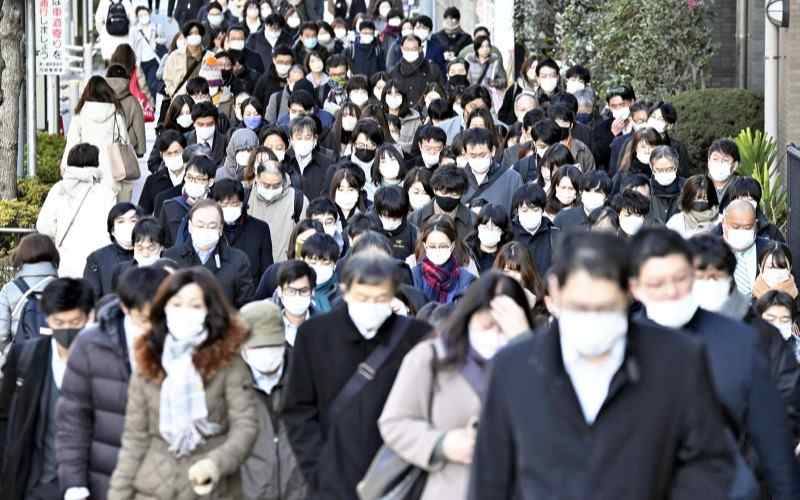
Share This Story, Choose Your Platform!
The COVID-19 Pandemic Takes a Step Back as WHO Downgrades Emergency Status
After more than two years since its emergence in Wuhan, China, COVID-19 is no longer considered a global health emergency, according to the World Health Organization (WHO). This marks a significant milestone in the fight against the pandemic, although it does not mean that the virus is no longer a threat to public health.
WHO Downgrades COVID-19 from Global Health Emergency Status
The decision to downgrade from a global health emergency was made by the WHO’s Emergency Committee on COVID-19, which met on 25 April 2023. The committee concluded that while the virus is still causing significant morbidity and mortality worldwide, the situation has improved since the last meeting in October 2022.

Factors that Contributed to the Downgrade
One of the main factors that influenced the committee’s decision was the success of vaccination campaigns around the world. As of April 2023, more than 60% of the global population has received at least one dose of a COVID-19 vaccine, and nearly 40% are fully vaccinated. This has led to a significant reduction in severe cases, hospitalizations, and deaths, especially in countries with high vaccination rates.
Importance of Global Cooperation in Fighting
Another factor that contributed to the decision was the development of new treatments for COVID-19. Since the start of the pandemic, scientists and healthcare professionals have been working tirelessly to find effective therapies to treat the virus. Several new drugs, including antivirals and monoclonal antibodies, have been approved for emergency use by regulatory agencies around the world. These treatments have shown promising results in reducing the severity of the disease and preventing hospitalizations.

You May Also Read
CDA Seeks To Auction Plots To Dollar-Paying Investors
COVID-19 Still a Threat to Public Health?
Furthermore, countries have improved their response capabilities since the start of the pandemic. Governments, healthcare systems, and public health agencies have learned from their experiences and have implemented measures to prevent and control the spread of the virus. These include contact tracing, testing, quarantine, and isolation measures. In addition, public health campaigns have been launched to promote vaccination, wearing masks, and social distancing.
The Way Forward – Vaccination Campaigns and Public Health Measures
While the downgrade of COVID-19 to a global health emergency is undoubtedly good news, the fight against the virus is far from over. The WHO has warned that the virus is still spreading at an alarming rate in some countries, and new variants of the virus continue to emerge. The WHO has also urged countries to continue their vaccination campaigns, especially in low- and middle-income countries, where vaccine coverage is still low.
In addition, the WHO has emphasized the importance of global cooperation in the fight against the pandemic. The virus knows no borders, and the only way to end the pandemic is through a coordinated global effort. The WHO has called on countries to share their resources, expertise, and vaccines with other countries in need.
Conclusion
In conclusion, the downgrade of COVID-19 to a global health emergency is a significant milestone in the fight against the pandemic. It reflects the progress that has been made in controlling the spread of the virus, reducing severe cases, and developing effective treatments. However, it is essential to remember that the virus is still a threat to public health, and the fight against it must continue. Vaccination campaigns, public health measures, and global cooperation are crucial to ending the pandemic once and for all.



